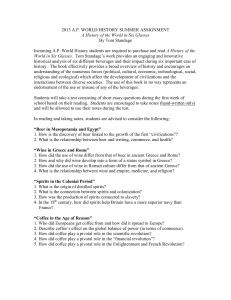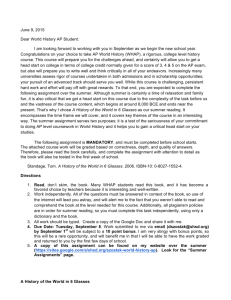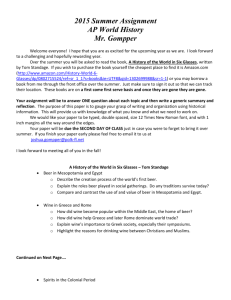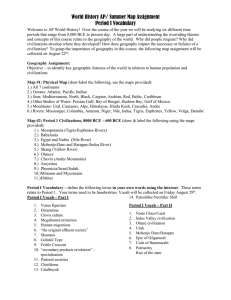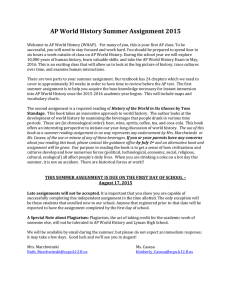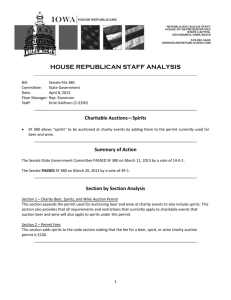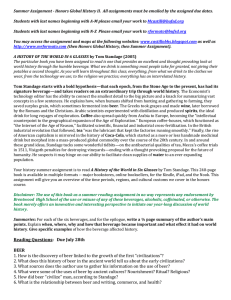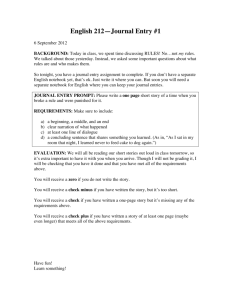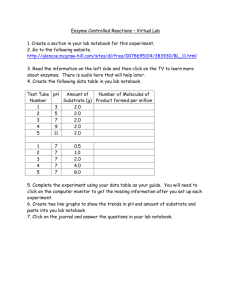World History AP Summer Assignment 2015-16
advertisement
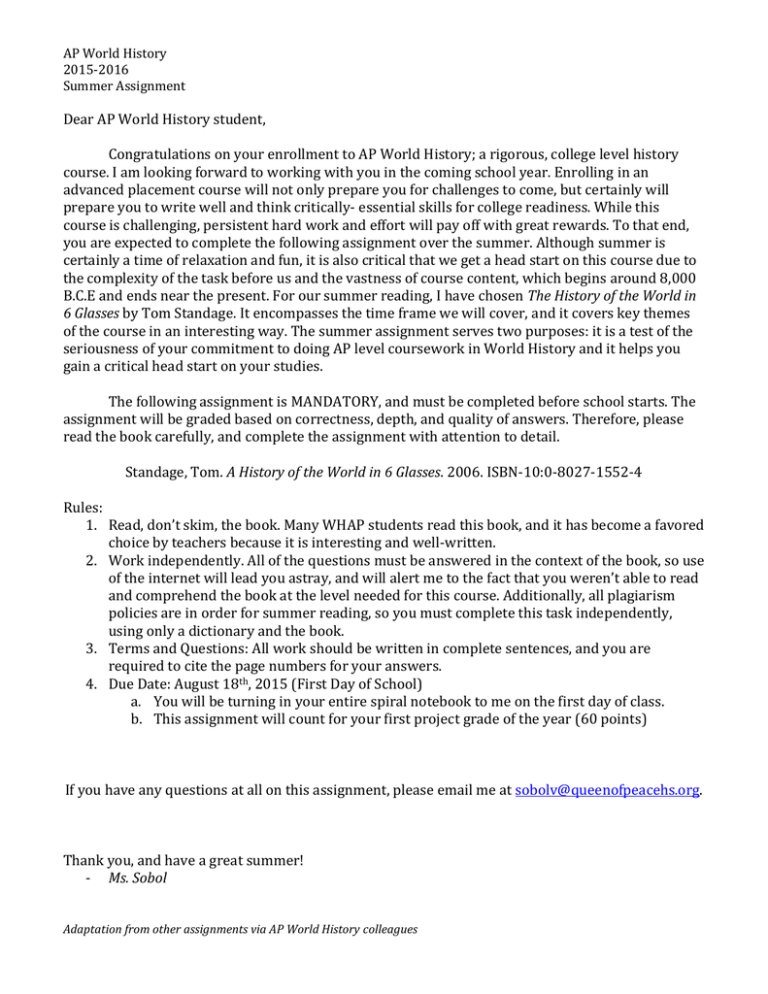
AP World History 2015-2016 Summer Assignment Dear AP World History student, Congratulations on your enrollment to AP World History; a rigorous, college level history course. I am looking forward to working with you in the coming school year. Enrolling in an advanced placement course will not only prepare you for challenges to come, but certainly will prepare you to write well and think critically- essential skills for college readiness. While this course is challenging, persistent hard work and effort will pay off with great rewards. To that end, you are expected to complete the following assignment over the summer. Although summer is certainly a time of relaxation and fun, it is also critical that we get a head start on this course due to the complexity of the task before us and the vastness of course content, which begins around 8,000 B.C.E and ends near the present. For our summer reading, I have chosen The History of the World in 6 Glasses by Tom Standage. It encompasses the time frame we will cover, and it covers key themes of the course in an interesting way. The summer assignment serves two purposes: it is a test of the seriousness of your commitment to doing AP level coursework in World History and it helps you gain a critical head start on your studies. The following assignment is MANDATORY, and must be completed before school starts. The assignment will be graded based on correctness, depth, and quality of answers. Therefore, please read the book carefully, and complete the assignment with attention to detail. Standage, Tom. A History of the World in 6 Glasses. 2006. ISBN-10:0-8027-1552-4 Rules: 1. Read, don’t skim, the book. Many WHAP students read this book, and it has become a favored choice by teachers because it is interesting and well-written. 2. Work independently. All of the questions must be answered in the context of the book, so use of the internet will lead you astray, and will alert me to the fact that you weren’t able to read and comprehend the book at the level needed for this course. Additionally, all plagiarism policies are in order for summer reading, so you must complete this task independently, using only a dictionary and the book. 3. Terms and Questions: All work should be written in complete sentences, and you are required to cite the page numbers for your answers. 4. Due Date: August 18th, 2015 (First Day of School) a. You will be turning in your entire spiral notebook to me on the first day of class. b. This assignment will count for your first project grade of the year (60 points) If you have any questions at all on this assignment, please email me at sobolv@queenofpeacehs.org. Thank you, and have a great summer! - Ms. Sobol Adaptation from other assignments via AP World History colleagues A History of the World in 6 Glasses Summer Reading Assignment Materials Needed: - The book – A History of the World In 6 Glasses by Tom Standage - A Spiral Notebook – One subject, preferably college ruled. 70 pages should suffice. Directions: While you are reading the book, you will be completing Cornell Style Notes in a spiral notebook. The Cornell Note Taking Strategy is an effective method of note taking that allows you to take notes on the material, and think about key concepts. Here is how you will complete this assignment: - LEFT HAND SIDE OF NOTEBOOK Take notes while you are reading o Include page numbers! Write down key dates, terms, people you come across while reading Ask yourself questions as you read o Try to find the answers within the book RIGHT HAND SIDE OF THE NOTEBOOK - Answer the Essential Questions (found on page 3-4 of this document) o Make sure you number the questions o Write in complete sentences o Answers should be about 3-4 sentences in length o Cite page numbers for EACH answer There are between 6-8 Essential Questions for each chapter of the book (6 Glasses = 6 Chapters). Therefore, taking notes and answering the Essential Questions will definitely take up more than one page in the notebook. Be sure to LABEL the tops of the pages in your notebook to keep organized. Your notes from the chapters should always be on the left-hand side of the notebook, and your answers to the Essential Questions should always be on the right-hand side. Here is a “template” of what your spiral notebook will look like: - Chapter 1: Beer NOTES Key Dates: - Key Terms: - Key People: - Notes on what I’m reading… Chapter 1: Beer ESSENTIAL QUESTIONS 1. How is the discovery of beer linked to the growth of the first civilizations? (Your answer here) 2. What does the history of beer in the ancient world tell us about the early civilizations? (Your answer here) ESSENTIAL QUESTIONS: Answer these questions on the RIGHT side of your spiral notebook. Be sure to number the questions, write out the question, and answer in complete sentences. Also, make sure that you are staying organized! This means you need to label to tops of the pages accordingly, and separate your notebook by chapter. Chapter 1: Beer 1. How is the discovery of beer linked to the growth of the first “civilizations”? 2. What does this history of beer in the ancient world tell us about the early civilizations? 3. What sources does the author use to gather his information on the use of beer? 4. What were some of the uses of beer by ancient cultures? Nourishment? Ritual? Religious? 5. How did beer “civilize” man, according to Standage? 6. What is the relationship between beer and writing, commerce, and health? Chapter 2: Wine 1. How did the use of wine differ from that of beer in ancient Greece and Rome? 2. How was wine used by the Greeks? 3. How and why did wine develop into a form of a status symbol in Greece? 4. How was wine consumed? What does this tell us about the ancient Greek culture? 5. How did the use of wine in Roman culture differ from that of ancient Greece? 6. What is the relationship between wine and empire, medicine, and religion? Chapter 3: Spirits 1. What is the origin of distilled spirits? 2. What is the connection between spirits and colonization? 3. How was the production of spirits connected to slavery? 4. What role did spirits play on the high seas? 5. In the 18th century, how did spirits help Britain have a more superior navy than France? 6. Why were the spirits an important staple in Colonial America? 7. How did rum play a role in the American Revolution? 8. What were the negative effects/uses of spirits? (Use the entire chapter to answer this) Chapter 4: Coffee 1. Who did Europeans get coffee from and how did it spread to Europe? 2. Why was it so important to Europe’s development that many people’s beverage choice switched from alcohol to coffee? 3. Describe coffee’s effect on the global balance of power (in terms of commerce). 4. How did coffee play a pivotal role in the scientific revolution? (Detail!) 5. How did coffee play a pivotal role in the ‘financial revolution’? 6. How did coffee play a pivotal role in the French Revolution? (Be sure to discuss the Enlightenment) Chapter 5: Tea 1. When did tea first become a mainstream drink in Asia? In Europe? 2. How did the consumption of tea in Europe differ from how it was consumed in China or Japan? 3. If tea arrived in Europe around the same time as when coffee did, why did it not find the immediate success that coffee had? 4. How did tea transform English Society? Who were its main consumers and what were some of the new rituals that surrounded tea? 5. How was tea an integral part of the Industrial Revolution? 6. What was the connection between tea and politics? 7. How was tea connected to the opium trade and the Opium War of 1839-1842? 8. What role did the tea trade and production play in the British rule over India? Chapter 6: Coca Cola 1. What was the origin of coke? 2. How was this beverage used medicinally and what were the additives? 3. What was the relationship of coke and World War II? 4. How was coke thought of by the communist during the Cold War? 5. What is meant by “globalizing in a bottle”? 6. How did Coca-Cola become basically seen as an American value? How did this help and hurt Coca-Cola (and, in some ways, America itself?)
